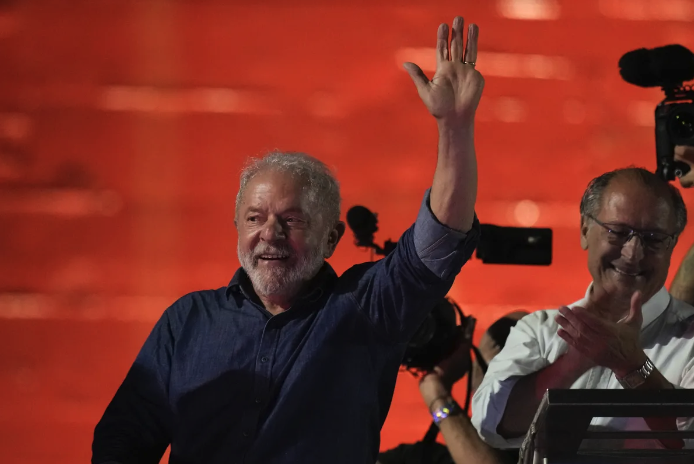https://www.theglobeandmail.com/opinion/article-how-brazils-democracy-stepped-back-from-the-cliff/
Oliver Stuenkel is a political analyst and a professor at the School of International Relations at Fundação Getulio Vargas in São Paulo.
Jair Bolsonaro’s historic defeat in Brazil’s presidential elections yesterday marks the 15th straight opposition victory in Latin America. Over the past years, not a single democratic leader in the region has managed to get re-elected or pick his or her successor. Anti-incumbency sentiment across the region – mostly a product of rising poverty and inequality, low growth and insufficient public services – is so dominant that it explains part of why Mr. Bolsonaro became the first president in Brazilian history not to win re-election.
Yet regional dynamics and a very challenging macroeconomic environment do not tell the whole story of why Brazil’s opposition pulled off a remarkable victory. After all, Mr. Bolsonaro enjoyed, like all his predecessors, a massive incumbency advantage involving the ability to spend more than $17.5-billion to temporarily increase his approval ratings.
Indeed, what is likely to have made the difference was an unprecedented opposition strategy of building a very broad pro-democracy alliance. Very soon after Mr. Bolsonaro’s election in 2018, a growing number…









